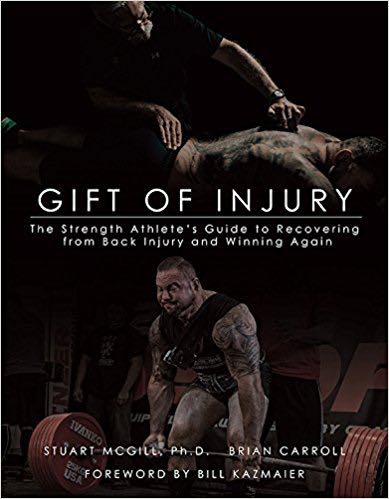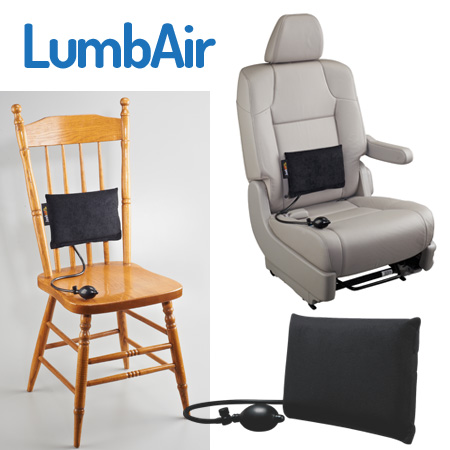24 Sep Dear Lifting Dorks: Stop the Generic Advice
Article Rundown
- New lifters need a foundation, not hype speeches or cookie-cutter programs.
- Stress and capacity are relative—numbers on the bar only matter in context.
- Bad coaching and one-size-fits-all advice are breaking young athletes before they start.
- Real expertise comes from experience, humility, and years in the trenches—not a degree alone.
Stop the Generic Advice
There’s something I need to say to all the so-called gurus out there—the closet physical therapy experts, the internet chiropractors, and the self-proclaimed barbell coaches who don’t know a barbell from a dumbbell. This is for the lifting dorks who sit behind a screen, giving cookie-cutter advice to lifters they don’t understand.
Here’s the truth: new lifters don’t need your hype speeches. They don’t need your rah-rah coaching. What they need is a foundation—a real understanding of movement, proper assessment, and a plan that meets them where they are.
Stress and Capacity Are Relative
When you laugh off injuries and scoff at someone deadlifting 185 pounds, you show your ignorance. It’s not about the number on the bar—it’s about what that number means to the lifter’s spine, their history, and their capacity at that moment. Stress is always relative.
I see this mistake play out daily. A sixteen-year-old football player is told by his coach to pull heavy three times a week because “that’s what the pros do.” Within months, he’s dealing with disc bulges and fractures. I’ve seen kids who should be focused on building basic strength and coordination end up sitting in a surgeon’s office, their athletic careers cut short before they’ve even started.
This damage doesn’t come from the deadlift itself—it comes from bad coaching, from lazy one-size-fits-all programming, and from people who don’t understand biology, biomechanics, or individual anatomy. A kid with a fragile spine can’t be treated the same way as a seasoned lifter who’s built up years of tolerance. Context matters.
Hard training doesn’t equal smart training. Micro-trauma plus rest equals adaptation. That’s how strong bodies, resilient spines, and long careers are built. But push frequency, volume, and intensity without variation or rest, and you’re not building—you’re breaking.
The Dunning–Kruger Epidemic
What I see over and over is a textbook case of the Dunning–Kruger effect. People learn a little, get a degree, and suddenly believe they’re experts. They’re confident in their limited knowledge, but they have zero context, zero time under the bar, and zero experience rebuilding broken athletes.
Meanwhile, they coach others into the ground, insisting that everyone should squat and pull the same way, with the same stance, bar position, and frequency. That’s ignorance. Every lifter has a unique history, structure, and set of needs. Pretending otherwise destroys careers before they ever begin.
The sad part is that these “experts” rarely see the consequences of their advice. They aren’t the ones fielding calls from the 17-year-old who can’t bend forward without pain, or the everyday lifter who now can’t sit at work because of a blown disc. I am. And I can tell you firsthand—this problem is real, and it’s growing.
My 2013 Reset
I’m not saying this from an ivory tower. I’ve lived it. After setting multiple all-time world records across different weight classes, I hit my own wall in 2013. Despite everything I’d accomplished, I realized I didn’t have the answers I thought I did. My back broke down, and I had to confront the truth: I had to humble myself, strip everything back, and rebuild like a beginner.
That was my Dunning–Kruger moment. It wasn’t easy to admit that after 20 years of training and competing at the highest level, I still had so much to learn. But that humility changed everything. It forced me to dive deep into biomechanics, adaptation, and core stability. It forced me to learn from experts in fields I’d overlooked. And it set me on a path where I wasn’t just lifting heavy weights—I was learning how to build resilience for myself and for others.
Even now, I’m still learning. I’m still refining how much core work is enough, how much assistance is too much, and how often someone should squat or pull. Real expertise isn’t found in a textbook or a degree. It’s earned in the trenches, through years of failure, triumph, and working with the best in the world.
Final Word
So, to the lifting dorks—stop pretending. Stop giving blanket prescriptions. You don’t know what resilience under the bar feels like until you’ve lived it. Real coaching isn’t about generic advice; it’s about guiding someone from broken to rebuilt, from weak to resilient, from beginner to strong.
If you don’t understand that stress and capacity are relative, then you don’t understand lifting at all.









Sorry, the comment form is closed at this time.